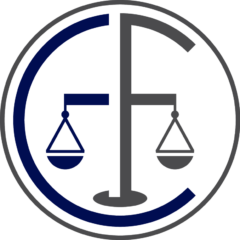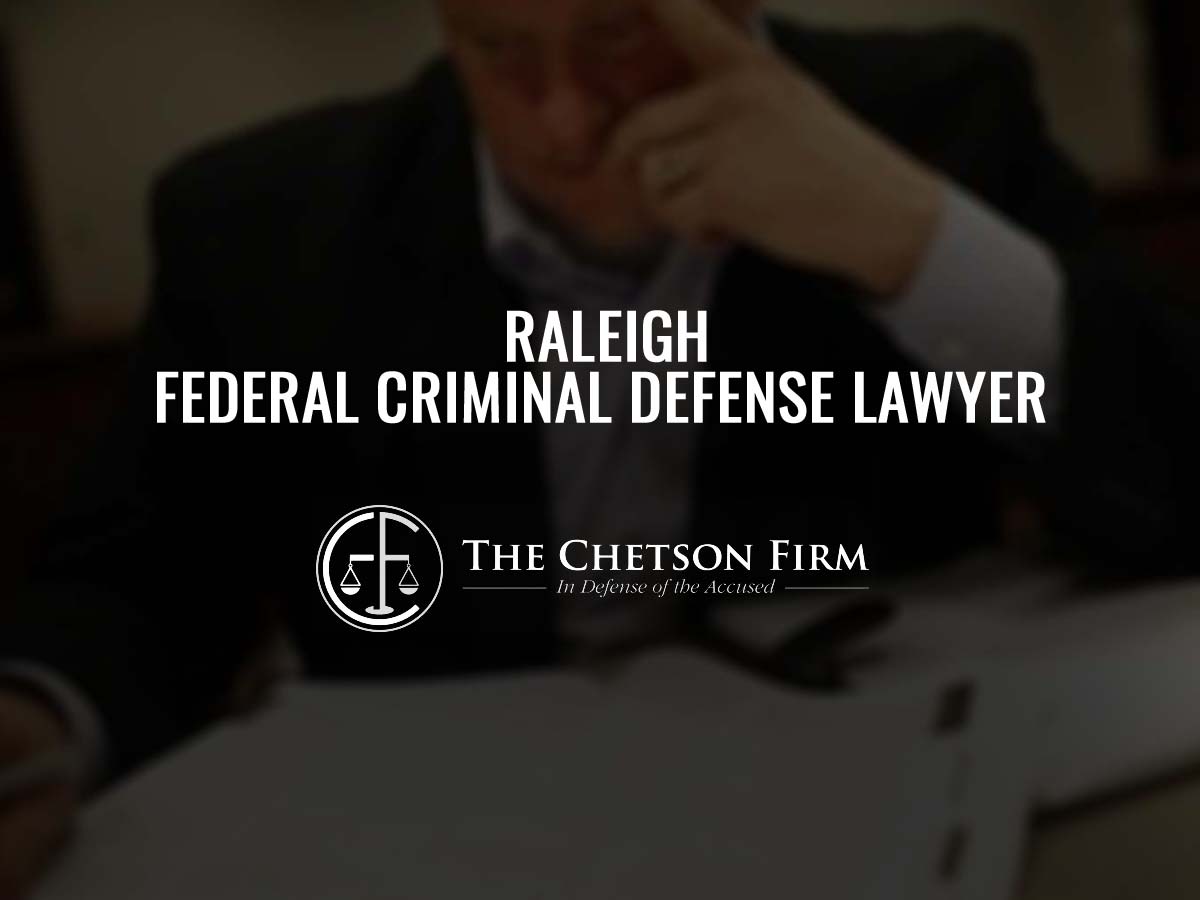When you least expect it a knock may come on your door from a police officer, investigator, agent, deputy, or other law enforcement officer who wants to “ask a few questions.”
Whatever the title the person might carry, the decision you make in the next few seconds could change the course of your life.
North Carolinians are generally “police-friendly.” Many people have military backgrounds, or friends who are police officers. And so the natural inclination is to be polite. And to cooperate.
Officers subconsciously know this and are expecting your cooperation. If you decide not to cooperate, they may take your response as a personal insult. Be not afraid!
Should You Talk to Police
Almost never. And never without an attorney present.
Your polite answer to the police officer who appears at your door: “I don’t wish to talk.” And then: Don’t talk.
Don’t let the police officer convince, trick, or frighten you into talking. Remain polite, but firm.
If the police officer eventually threatens to arrest you, do not start talking because you think it will stop him from arresting you.
If the police officer thinks he has enough to arrest you, you will be arrested. If you’ve first given the police officer a statement, or answered any of his questions, you have just potentially given him evidence, statements, or information that could hurt you later on.
The decision to talk or not to talk is the most important decision in almost any criminal investigation. And the chances of you winning the case, or helping yourself, depend on you not talking.
What Happens if I Talk to Police
If you talk to police during a voluntary encounter, you are giving information, statements, and evidence to an officer. These statements will be used against you later on, possibly at a trial.
Since your best opportunity for a successful outcome is at a trial or a threatened trial, you are throwing away your case the moment you talk to police.
These statements are rarely suppressed. The fact that the police officer did not read you your Miranda rights does not matter.
Miranda warnings are almost never required. And when they are, the information derived by police can be used to find additional evidence that may end up being used against you. In addition, your statements, even if ultimately suppressed at trial, may be used against you at bond hearings, before a grand jury, or at preliminary hearings to make your case much harder to fight.
What Happens if I Lie to Police?
If you decide to talk to police – which, again, is almost never a good idea – then it is important that you don’t lie to police. First, if you lie (or provide documents that contain false or incomplete or inaccurate information) to a federal agent or federal investigator or person who is on a joint federal task force, you have committed one of several crimes.
Lying to a federal agent is a violation of 18 USC 1001 (the false statements act), punishable by up to 5 years in jail for each instance. You may have also violated the obstruction of justice statute at 18 USC 1503, the Sarbanes-Oxley act, and potentially other federal laws or regulations applicable in whatever industry you work in.
While it is not necessarily a specific crime to make a false statement to a North Carolina agent, lying to police officers always creates problems: those lies or incomplete statements may be repeated at trial to show a “guilty mind.”
What if I Tell the Truth?
The problem with talking to a federal agent without a lawyer is that there will only be one record of the conversation. For instance, if you talk to the FBI, the agent will file a report about the conversation called an FD-302 form. That form becomes the FBI’s official record of the conversation, and, as far as the Government is concerned, the truth about what was said during the conversation.
FD-302 forms aren’t necessarily accurate. They are the agent’s description of what happened. Agents are human beings. Agents make mistakes, have biases, misremember, and sometimes lie. As a result, the form may be inaccurate, and is always incomplete.
If the agent believes you lied, or believes you were intentionally withholding information that should’ve been revealed, you could be charged with a federal felony.
Even if you aren’t charged with lying, the threat of prosecution may require you to do things you might not otherwise wish to do – such as testify against other people in exchange for immunity.
Setting aside the problem of prosecution, telling the truth is almost never helpful because someone is lying. If you’re being investigated, it’s because someone said you were involved in a crime. Even if you tell the truth, that person may be lying. And if they’re lying (or mistaken), they may be more convincing to an officer or agent who is trying to figure out what happened.
Finally, telling the truth can be a problem even if you are innocent because you may be admitting to OTHER CRIMES in order to avoid prosecution for the actual crime being investigated.
People routinely commit crimes, often unknowingly. Since ignorance of the law is not a defense, the fact that you did not know what you did was a crime, will not help you.
If, in the process of explaining to an agent or an officer why you were not involved in a criminal act, you give an explanation that accidentally admits to another criminal act, you have not helped yourself.
What Should I do?
Don’t talk to police. Don’t talk to police without a lawyer. And, if you hire a lawyer, and the lawyer recommends talking to police, make sure the lawyer will be present when you talk. And make sure you understand whether by sitting down with the police, you will be promised some sort of protection.
There are many varieties of protection. Make sure you understand the limits of the protection you have a been granted. Prosecutors very rarely offer outright immunity. Prosecutors usually offer a much narrower form of protection.
Make sure you understand how you are protected. Make sure you understand the limits of the protection.
And make sure you have a lawyer present.
How can I get a lawyer
If you talk to police, you have a right to have a lawyer present for any questioning. If the police don’t wish to have your attorney present, then you simply will not talk to police.
How can you get a lawyer? In most cases, prior to arrest or a criminal charge, you will need to hire a lawyer. It is almost always worthwhile to hire a lawyer early in the process.
It is cheaper, safer, and offers the best prospect of a good outcome.
Hiring a lawyer early doesn’t guarantee a positive oucome. But it does increase the chances for a positive outcome.
If you’re being investigated by state authorities – the local police, a deputy, the North Carolina State Bureau of Investigation (SBI), a detective, an ALE agent, or State Highway Patrol – you have no right to a court appointed lawyer or public defender.
You should either hire a lawyer, or politely decline to speak.
If you’re being investigated by federal authorities – the FBI, a joint task force agent, DEA, Coast Guard, Homeland Security, IRS, and so forth – you may be entitled to a court appointed lawyer or federal public defender under the Criminal Justice Act.
You can either hire a lawyer, or politely decline to speak until the federal government sends you a Target Letter. A Target Letter is a letter sent by a federal prosecutor that lets you know that you are the target (or a potential witness) of a federal investigation. It lets you know that the federal government wishes to speak to you, and that you


